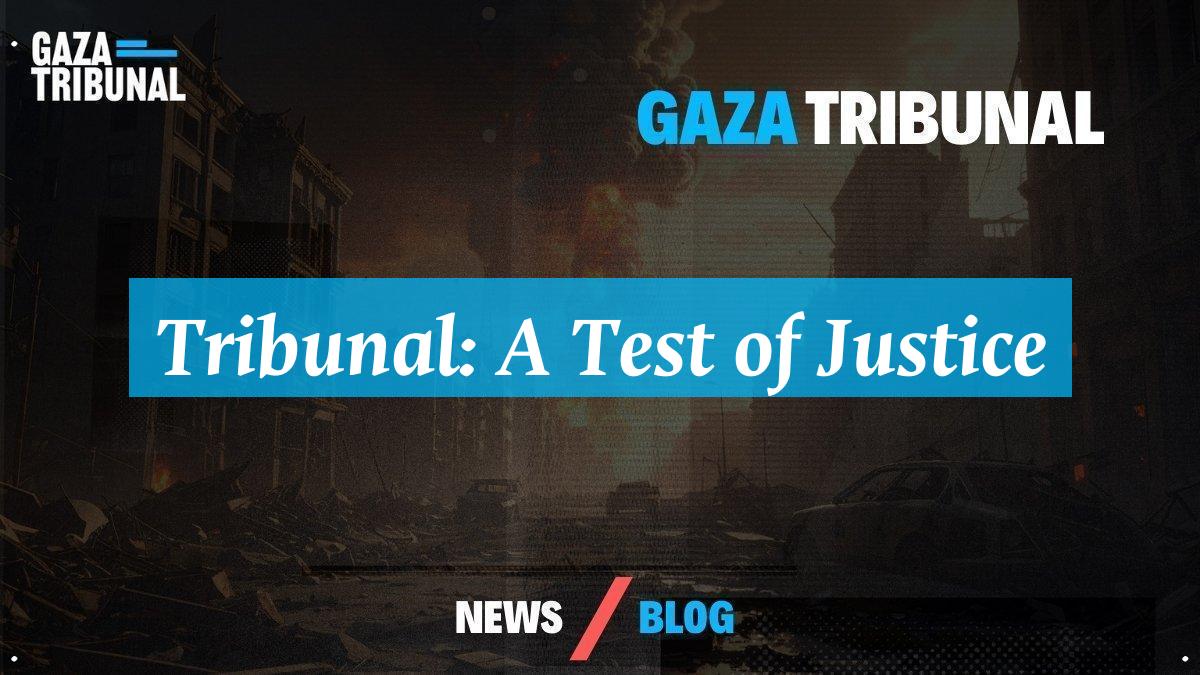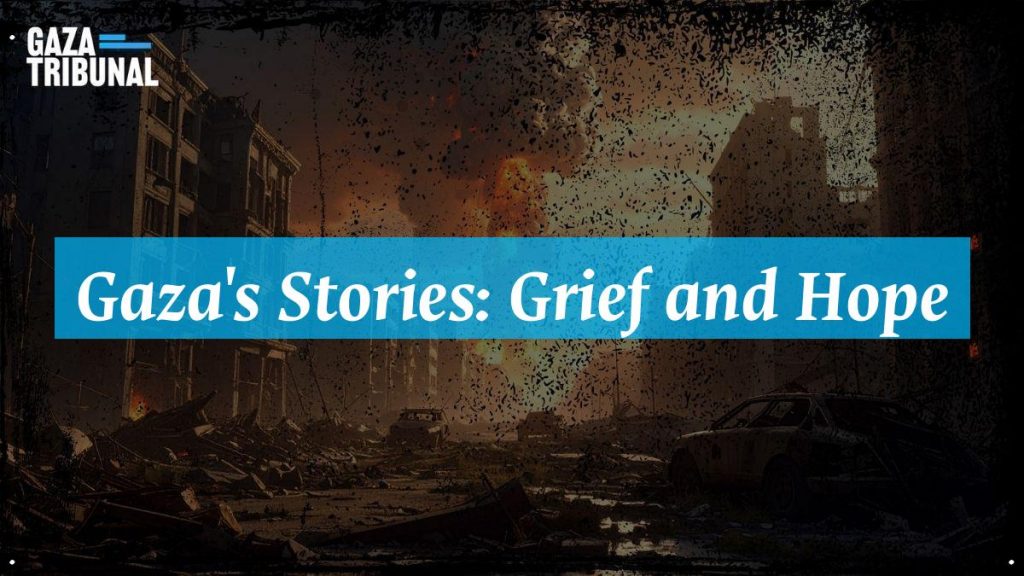In the midst of chaos and despair, the October 7 tragedy left an indelible mark on the lives it touched. As narratives of loss unfold, one cannot help but wonder how long the shadows of such events cast over the survivors. These stories, filled with grief yet intertwined with a longing for justice, compel us to confront truths we often prefer to ignore. Muhammad Abu Nada’s journey symbolizes this struggle, as he grapples with the memories of loved ones lost and a duty to carry their stories forward. Beyond mere survival, his experiences highlight an urgent necessity for accountability in a world where suffering is all too frequently rendered invisible. But is it enough to simply acknowledge this pain, or must we actively work toward healing?
Transitioning through the halls of memory, the October 7 tragedy resonates with countless families, each shaped by grief and resilience. The stark realities of these experiences reveal not only personal losses but also a collective fight for recognition. Muhammad’s determination to advocate for those silenced urges us to listen, to engage, and to act. “How can we remain indifferent?” he might ask, imploring us to recognize that every story carries with it a vital part of our shared humanity. As we learn from and stand alongside survivors, their voices become powerful reminders that hope can thrive amidst devastation. Indeed, the weight of their experiences serves as a call to action—a communal awakening to seek justice and healing for all affected. For the latest insights and updates, you can visit our news category.
The Impact of War on Families

War reshapes lives in unimaginable ways. For many, it severs the bonds of family, leaving behind echoes of laughter and memories turned to dust. In the heart of Gaza, families face this grim reality daily. The trauma of loss can feel insurmountable, as survivors grapple with the weight of their grief. How do you carry on when the very foundation of your life crumbles before your eyes? Each morning, they wake up to a world that feels alien, with shadows of loved ones haunting their thoughts. The routine becomes a painful reminder of what once was, a stark contrast to the vibrant lives they led.
In the aftermath, survivors often become the storytellers. They bear witness to the horrors that unfolded, hoping their voices will resonate beyond borders. Each story carries a piece of their heart, a testament to resilience and strength. Yet, the burden of remembrance can weigh heavily. The need to honor those lost pushes them forward, even when the pain feels unbearable. “The world must know,” they say, and with every word, they breathe life into memories that refuse to fade. As they share their experiences, they invite others into their world, hoping to spark empathy and understanding. This journey of storytelling is as much for themselves as it is for the future.
Life in Exile: A New Reality
Exile presents a complex challenge. For those who leave, the transition is often marked by uncertainty. Muhammad Abu Nada, what emerged with clarity was, left Gaza seeking education, but now finds himself grappling with a new identity. “I’m not just a student anymore,” he reflects. Instead, he shoulders the responsibility of providing for his family back home, far removed from the life he envisioned. The dreams of study and growth feel distant now, replaced by the urgency of survival. He constantly weighs his choices, feeling the pressure of every decision he makes.
In Istanbul, he navigates the city’s bustling streets, but his heart remains tethered to Gaza. Each day, he sends money home, striving to ensure his mother and sister can eat. The struggle to balance his own needs with those of his family creates an emotional tug-of-war. “What if I can’t send enough?” he wonders. The fear of failing his family looms large, a constant reminder that his life is no longer solely his own. Every time he receives a message from home, it pulls at his heartstrings, leaving him both relieved and anxious. The weight of responsibility grows heavier, yet he clings to hope, believing that one day, he will return to a peaceful Gaza.
The Weight of Grief and Responsibility
Grief transforms into a heavy mantle, draped over those left behind. For Muhammad, the loss of his family feels like an anchor, pulling him deeper into despair. “I often wonder if they’re still alive,” he admits, caught in a cycle of hope and dread. This internal conflict shapes his reality, as he tries to reconcile his memories with the harsh truth. The absence of closure amplifies his pain, leaving him yearning for a grave to visit, a place to mourn. Every day, he wrestles with the question: can he find peace amidst such turmoil? The struggle is relentless, but he refuses to succumb to despair.
As he navigates this emotional landscape, Muhammad often reflects on the future. Will his children carry the weight of this history? “I hope they don’t have to live through this,” he says, a flicker of concern in his eyes. He fears that the cycle of grief may become a family legacy, passed down through generations. Yet, even amidst the sorrow, he finds moments of strength. “I have to keep going,” he reminds himself. “For them, for me.” Each small victory, each connection he makes, becomes a step toward healing. He embraces the idea that hope can coexist with grief, and that resilience will guide him forward.
Hope Amidst the Ruins
Despite the overwhelming challenges, a flicker of hope persists. Muhammad often turns to his community, finding solace in shared experiences. “We’re not alone,” he says with conviction. Together, they support each other, weaving a tapestry of resilience that defies the odds. This solidarity becomes a lifeline, reminding them that even in the darkest moments, they can draw strength from one another. They share meals, stories, and laughter, creating a makeshift family in their new home. This bond fuels their spirits, allowing them to face each day with renewed determination.
As he continues to share his story, Muhammad inspires others to do the same. “Every voice matters,” he asserts. He urges people to listen, to learn, and to act. “We must honor those who have suffered,” he emphasizes. His journey serves as a testament to the power of storytelling, a reminder that hope can flourish even amidst the ruins. Thank you for taking the time to hear these stories. They matter. They resonate. And they inspire us all to seek justice and healing. Together, we can build a future where such stories don’t have to be told again. Let’s keep the conversation going and strive for a world where peace prevails! For more on this topic, you can check the original source here.


